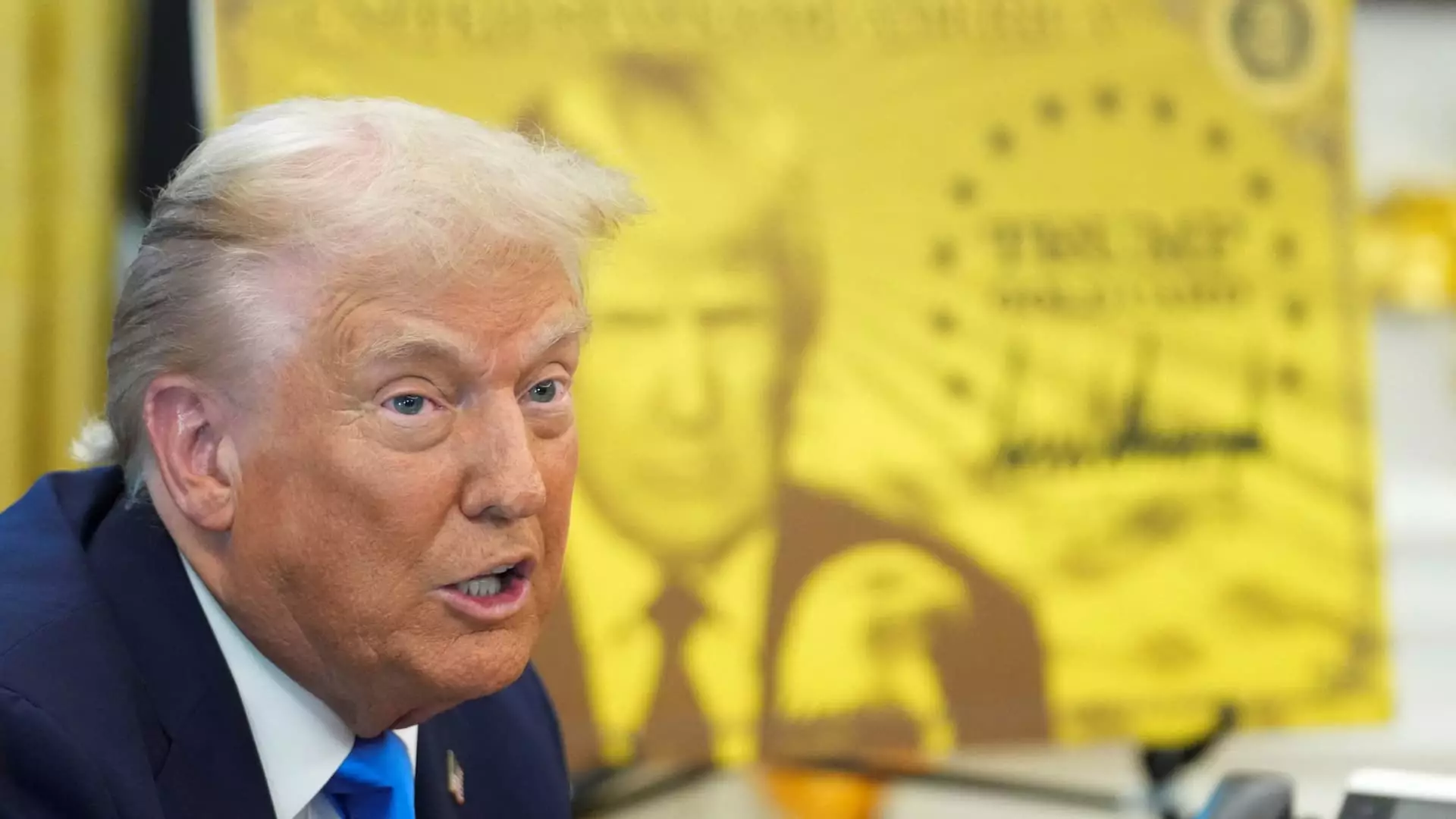In an era where innovation and global competitiveness define economic strength, the United States risks undermining its own future by clamping down on the very talent injections that fuel technological progress. The recent decision to impose a $100,000 annual fee on H-1B visas, targeting highly skilled immigrants, is not merely a bureaucratic tweak—it is a reckless gamble that undermines the core principles of an open, dynamic economy. While national security and concerns over fair employment practices are valid considerations, restricting skilled immigration in the name of protectionism ignores the realities of a hyper-connected world. It presumes that American ingenuity can flourish in isolation, refusing to acknowledge that talent recognition and mobility are crucial to maintaining technological edge.
This approach feeds into a harmful narrative that foreigners are a threat to American workers, a misconception that ignores empirical evidence showing that immigrants bolster innovation, create jobs, and expand the economy. Instead of embracing a forward-looking vision that leverages human capital, these policies risk impoverishing America’s future by discouraging foreign expertise from contributing to the nation’s prosperity.
Impact on the Tech Ecosystem and Innovation Clusters
The tech industry is one of the most visibly affected sectors. Companies like Amazon, Microsoft, and Google rely heavily on H-1B visa holders, who compose a significant portion of their pools of highly specialized talent. These professionals are not just workers—they are innovators, entrepreneurs, and bridge-builders who foster multicultural perspectives and push the boundaries of technological advancement. Imposing a financial barrier of $100,000 per worker per year effectively erects a barrier to entry, forcing companies to reconsider their reliance on global talent.
Moreover, this move threatens to decelerate research, development, and product launches in a landscape where competitiveness is often decided by the agility and ingenuity of a nation’s workforce. When top-tier talent from countries like India and China faces new hurdles, the ripple effects extend far beyond individual companies; America risks losing its global leadership in emerging technologies, AI, biotech, and beyond. It sends a discouraging message that talent—particularly from Asia—is unwelcome or too costly, which is shortsighted and ultimately self-defeating.
Social and Humanitarian Ramifications
Beyond the economic implications, the policy shift signals a troubling disregard for the human element involved. Countless families rely on H-1B visas to live, work, and build lives in the U.S. These visas are not just documents—they represent opportunities and stability for immigrant professionals and their loved ones. The sudden spike in costs and the uncertainty it creates threaten to tear families apart and diminish the inclusive fabric that has historically driven America’s cultural and intellectual innovation.
This stance smacks of a xenophobic tendency that prioritizes perceived protection over progress. Instead of welcoming global talent, the government appears to be turning its back on the immigrant contributions that have historically made the U.S. a magnet for the world’s brightest minds. Such policies also diminish the United States’ moral standing as a beacon of opportunity, tarnishing its image on the world stage.
Strategic Shortsightedness and the Global Context
In the broader geopolitical landscape, aggressive restrictions send troubling signals to allies and competitors alike. Countries like India and Korea are already pondering the impact of these policies on their own talent pools and international collaborations. This could trigger a retaliatory cycle, further fragmenting the globalized economy that has underpinned technological advancement for decades.
More critically, the notion that safeguarding American jobs can be achieved through barriers rather than through innovation and skill development is fundamentally flawed. Investment in education, infrastructure, and R&D yields far greater dividends than exclusionary policies. Cutting imports of talent may offer short-term political appeasement but risks long-term stagnation.
By adopting such restrictive policies, the U.S. risks morphing into a less welcoming, less innovative nation. The global market isn’t a zero-sum game—lemmings will never lead in the 21st century. Instead, fostering an environment that attracts, retains, and leverages international talent is vital for sustainable growth. It is time to question whether the current path will truly serve America’s long-term interests or merely serve narrow political agendas that overlook the profound impact of open exchange and shared progress.

